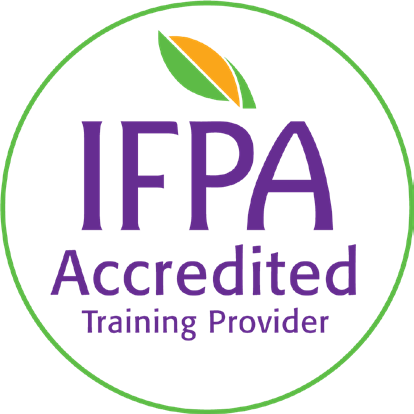Course Content
Studies commence at 9.00 a.m. and finish at 5.30 p.m.
Techniques which utilise deep tissue affect the deeper layers of musculature and connective tissue. These techniques require a thorough understanding of anatomy and physiology and a review of the muscular system is included in the Course-notes. The Client must be relaxed in order to effectively perform deep tissue massage, otherwise tight surface muscles prevent the practitioner from reaching deeper musculature.
Deep Tissue Massage helps with chronic muscular pain and injury rehabilitation and reduces inflammation and related pain caused by conditions such as arthritis and tendinitis. The applications are generally integrated with other massage techniques enabling the therapist to address problems within the soft tissue that would otherwise have to be referred to a more experienced practitioner.
This course also addresses how to apply many Deep Tissue techniques using hand-free applications therefore enabling the Therapist to take better care of their joints by decreasing the pressure and strain that will naturally be incurred when working with several clients a day.
Deep Tissue Massage is easily adaptable to any part of the body and can easily fit into existing routines. It can provide clients with longer lasting results achieving a higher level of client satisfaction.
Topics addressed (including home-study) include:
- Soft Tissue v Deep Tissue - what is the difference?
- Palpation - how to find the problem(s)
- Cautions and Contra-indications
- How misaligned vertebrae can affect the body
- Deep Tissue Techniques - when to use them
- Fascia Release Demonstrations on the Back and Practice
- Deep Tissue Demonstrations on the Back and Practice
- Adapting the techniques to apply to other parts of the body
- How to incorporate the techniques into existing routines.
- Review of the Muscular System
Please note: This Course is a post-graduate qualification course, during which the student is assessed for competence.
Certificate of Qualification awarded to successfully completing Therapists
Many Associations accept our Courses for CPD including the IFPA (6 category A Points).
 Accredited school
Accredited school

